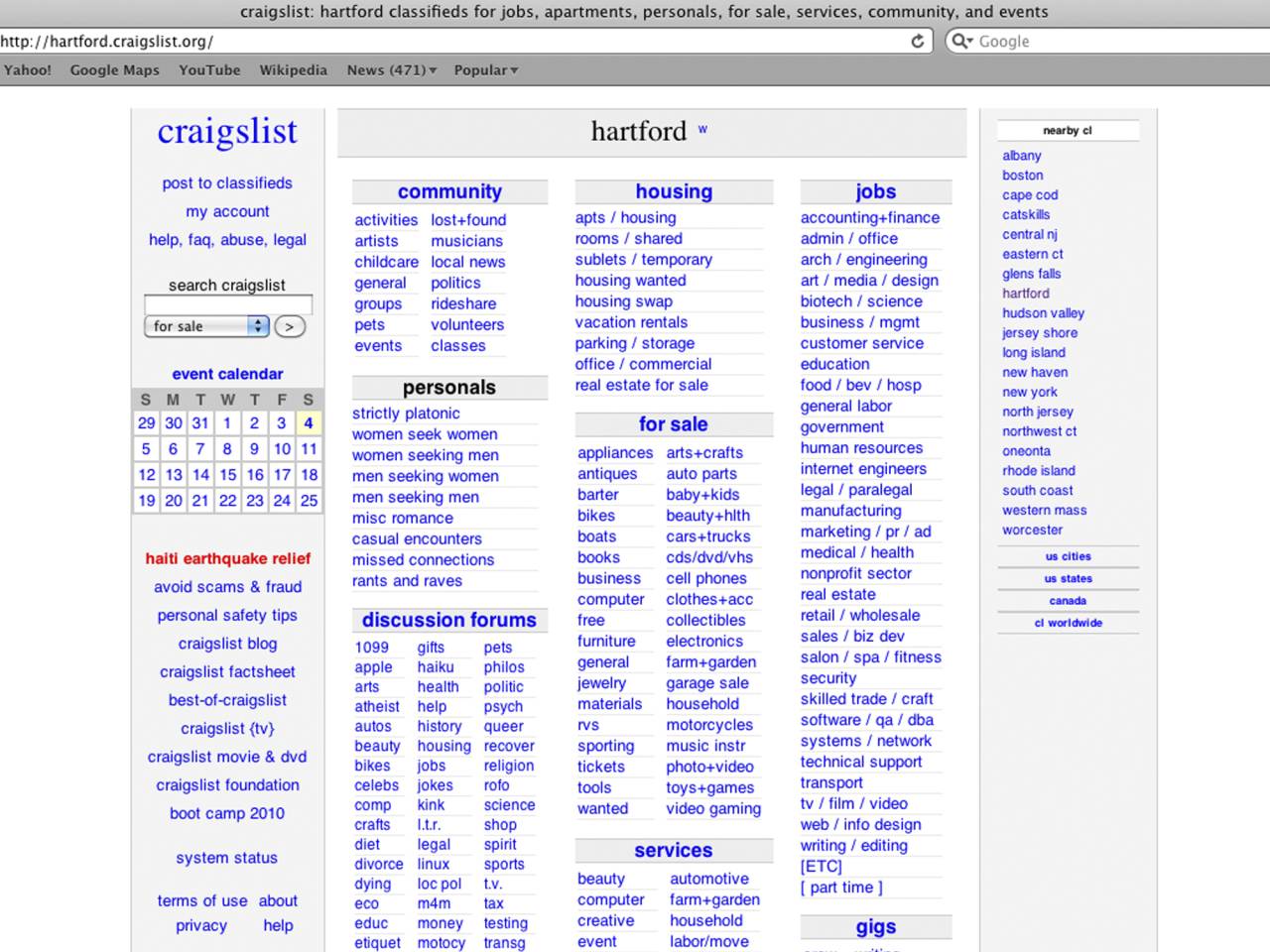Dirty step: the phrase itself evokes a sense of transgression, a misstep, or perhaps quite literally, a soiled stair. This exploration delves into the multifaceted nature of this seemingly simple expression, examining its literal and figurative meanings, its appearances in idiomatic expressions and popular culture, and the impact of word choice on its overall connotation. We’ll journey from the grime of a literal dirty step to the murkier depths of its metaphorical interpretations.
From the physical act of stepping in mud to the symbolic representation of a morally questionable decision, “dirty step” proves surprisingly versatile. This investigation will analyze its usage across various contexts, including literature, film, and everyday speech, revealing the subtle shifts in meaning that depend on the surrounding words and the overall narrative. We will also examine visual representations, exploring how images can reinforce or even contradict the textual meaning.
Deconstructing “Dirty Step”: A Linguistic and Cultural Analysis
The seemingly simple phrase “dirty step” offers a surprisingly rich field for linguistic and cultural exploration. Its meaning shifts dramatically depending on context, ranging from a literal description of a soiled stair to a potent metaphor representing moral compromise or a difficult decision. This analysis will delve into the various interpretations of “dirty step,” examining its literal and figurative uses in everyday language, idiomatic expressions, literature, and visual representations.
Obtain direct knowledge about the efficiency of craigslist rockford personals through case studies.
Literal Meaning and Contextual Variations of “Dirty Step”
The literal meaning of “dirty step” refers to a step, typically a stair or a foothold, that is unclean. This uncleanliness might be due to mud, dirt, grime, or other substances. Examples include a muddy step after a rainstorm, a step stained with spilled coffee, or a step covered in pet hair. However, the phrase’s meaning extends far beyond this simple description.
The context surrounding the phrase dramatically alters its interpretation. For instance, “He took a dirty step toward the door” suggests a furtive or morally questionable action, rather than a literal step on a soiled surface. The connotations associated with “dirty step” often carry negative implications, suggesting something morally impure, dishonest, or compromising.
“Dirty Step” in Idiomatic Expressions
While “dirty step” itself isn’t a widely established idiom, similar phrases and expressions convey analogous meanings. These expressions often use related terms to describe a morally questionable action or a difficult decision with negative consequences.
| Idiom | Meaning | Example Sentence | Origin |
|---|---|---|---|
| Taking a step into the dark | Embarking on an uncertain or risky endeavor. | “Despite the warnings, she took a step into the dark and started her own business.” | Unknown, but widely used in modern English. |
| Taking a wrong turn | Making a mistake, often with significant negative consequences. | “He realized he’d taken a wrong turn in his career path and decided to switch industries.” | Unknown, but a common idiom. |
| Slippery slope | A course of action that, once begun, leads inevitably to undesirable consequences. | “He warned that accepting the bribe would be a slippery slope towards corruption.” | The origin is debated, but the idiom is widely used. |
“Dirty Step” in Literature and Popular Culture
While the exact phrase “dirty step” might not be prevalent in established literature or popular culture, the concept of a morally questionable step or action is frequently explored. The use of similar imagery contributes to the overall tone and meaning of the work.
- Shakespeare’s Macbeth: Macbeth’s decision to murder Duncan could be interpreted as taking a “dirty step” toward seizing the throne, representing the moral compromise he makes.
- Crime thrillers: Many crime thrillers feature characters taking “dirty steps” to achieve their goals, often leading to unforeseen consequences. The use of this imagery contributes to the suspense and moral ambiguity of the plot.
- Songs about betrayal: Songs about betrayal frequently use metaphorical language to describe the act of betrayal, sometimes implying the taking of a “dirty step” in a relationship.
Visual Representations of “Dirty Step”
A visual representation of a literal “dirty step” could depict a weathered, stone step covered in mud and grime, perhaps located in a dark, damp alleyway. The texture would be rough and uneven, the color a dull, muddy brown. The surrounding environment would contribute to the overall sense of decay and neglect. A metaphorical representation of a “dirty step” could show a person standing at a crossroads, with one path clear and bright, representing honesty, and the other shrouded in shadow, representing a morally questionable decision.
This visual could evoke feelings of anxiety, uncertainty, and the weight of a difficult choice.
The Impact of Word Choice: “Dirty” vs. Other Adjectives

Replacing “dirty” with other adjectives like “muddy,” “stained,” or “soiled” significantly alters the connotation of “step.” While all describe uncleanliness, they carry different levels of intensity and implications.
| Adjective | Connotation | Example Sentence |
|---|---|---|
| Dirty | Suggests moral impurity or something unpleasant and neglected. | “He took a dirty step into the world of organized crime.” |
| Muddy | Implies a specific type of dirt, often associated with nature or outdoor activities. | “After the rain, the muddy step was difficult to navigate.” |
| Stained | Suggests a mark or discoloration, often from a spill or accident. | “The stained step was a testament to years of neglect.” |
| Soiled | Implies general uncleanliness, less intense than “dirty.” | “The soiled step needed a good scrubbing.” |
The phrase “dirty step,” while seemingly simple, reveals a surprising depth of meaning and usage. Through an examination of its literal and figurative interpretations, its presence in idiomatic expressions and popular culture, and a comparison of similar word choices, we’ve uncovered the rich tapestry of connotations associated with this seemingly mundane phrase. The journey from a literally dirty step to a metaphorical representation of a flawed decision underscores the power of language to convey complex ideas through seemingly simple words.



